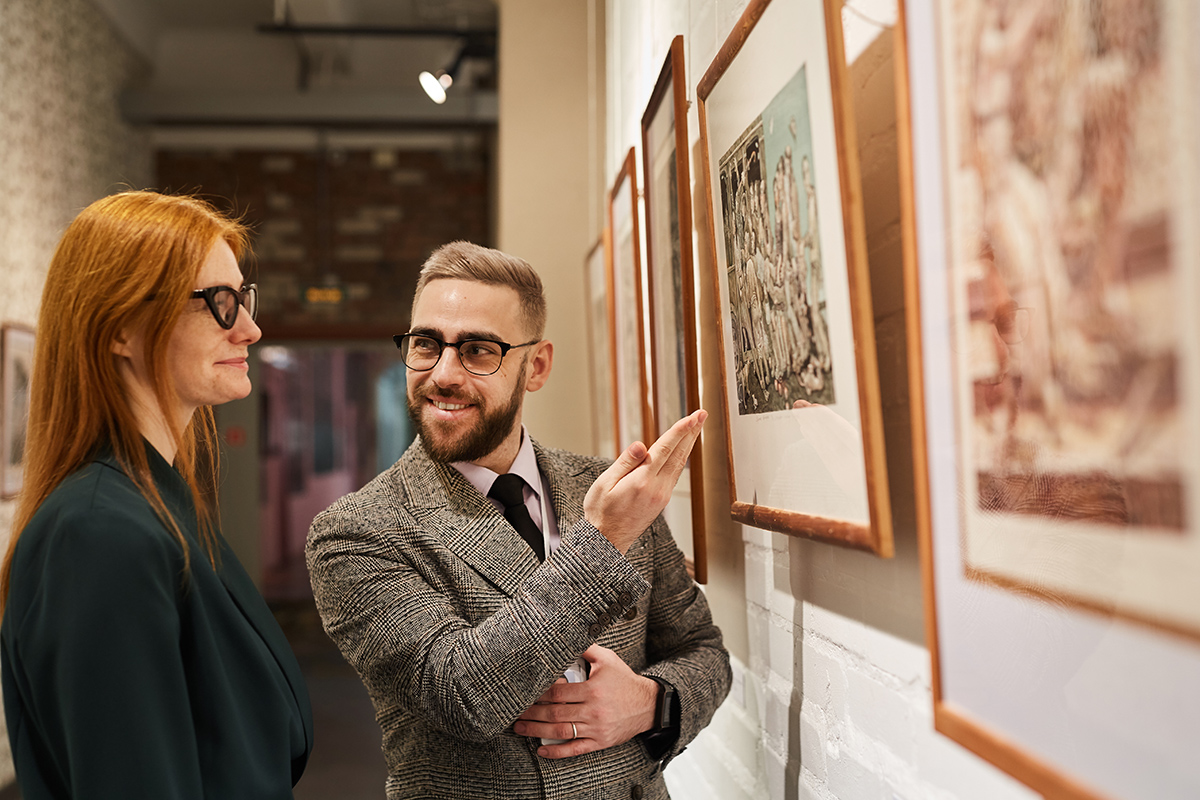Cultural tourism allows travelers to enjoy their journey while enriching their knowledge of culture, history, and art. Visiting museums, galleries, and historical sites provides a unique opportunity to see the world through the eyes of great artists, scientists, and historians. Let’s explore what cultural tourism entails.
What is Cultural Tourism and Why is it Important?
Cultural tourism involves familiarizing oneself with the cultural values, traditions, and historical heritage of various countries and regions. It’s more than just tours and sightseeing – it’s an immersion into the atmosphere of a particular time, a study of people’s perspectives and events that shaped society.
Broadening Horizons and Respect
Cultural tourism expands our horizons and fosters respect for the world’s cultural diversity. Visiting an ancient castle or an ancient temple allows one to feel the spirit of the era that created these architectural masterpieces. In museums, on the other hand, one can learn about the development of science and art, see the works of great artists and masters, and understand the discoveries that changed the course of history.
Supporting the Economy
Cultural tourism is also important from an economic perspective. Tourists attending cultural events and excursions support local businesses and contribute to the preservation of cultural monuments. Governments and cities often invest in museums, monument restoration, and infrastructure development for tourists, which in turn makes cultural heritage accessible to a wider audience.
Popular Destinations in Cultural Tourism
Cultural tourism encompasses numerous directions and types of travel, each unique in its own way.
Historic Sites and Ancient Cities
History lovers visiting ancient cities such as Rome, Athens, or Jerusalem truly immerse themselves in the past. These cities have preserved monuments that witnessed significant historical events. The Colosseum in Rome, the Acropolis in Athens, and the Wailing Wall in Jerusalem are symbols of world history. Each of these sites carries immense cultural significance and retains the atmosphere of ancient civilizations.
World-Class Museums
Art enthusiasts should visit famous museums such as the Louvre in Paris, the Metropolitan Museum in New York, and the Hermitage in St. Petersburg. These museums house priceless works of art and collections of artifacts that reflect the development of culture over the centuries.
Places of Religious and Spiritual Significance
Many tourists undertake pilgrimages and cultural tours to sites of religious importance. Among such places are the temple complex in Varanasi (India), the Vatican, Mecca, and Lhasa (Tibet). These sites attract people with their architecture, atmosphere of spirituality, and religious tranquility.
National and Ethnographic Museums
Museums dedicated to the cultural traditions and lifestyles of various peoples provide a deeper understanding of ethnic characteristics and customs. Folk culture museums in different countries give insight into how people lived hundreds of years ago, what customs they followed, and what their daily lives looked like.
How to Organize a Cultural Trip?
Cultural tourism requires a bit more preparation than a regular beach holiday.
Planning the Itinerary and Buying Tickets
Since many museums and historical landmarks are popular with tourists, it’s better to research their schedules in advance and buy tickets online. Some museums offer night tours or special thematic programs – take advantage of these opportunities and choose the best time for your visit.
Studying the Country’s History and Culture
Before embarking on a cultural journey, it’s helpful to familiarize yourself with the history, culture, and customs of the country. This will help you better understand the significance of the monuments and exhibits you’ll see. For example, knowledge of Egyptian civilization makes visiting Egyptian museums and pyramids more meaningful.
Choosing a Guide or Audio Guide
To gain a more comprehensive understanding of culture and history, it’s useful to hire a professional guide. An experienced guide will tell you about monuments and share interesting facts that aren’t in guidebooks. An audio guide is a convenient option for those who prefer to explore independently but don’t want to miss important details.
Choosing the Best Time to Visit
Consider the season and days of the week when planning a cultural trip. Museums and landmarks are crowded on weekends and during holiday seasons. Early mornings or weekdays are ideal times for visits, as tourist traffic is minimal.
Traveling through museums, historical sites, and cultural landmarks leaves a lasting impression, enriching life with knowledge and experiences. In an era of globalization and fast-paced living, cultural tourism has become a vital element in preserving and spreading cultural values.


